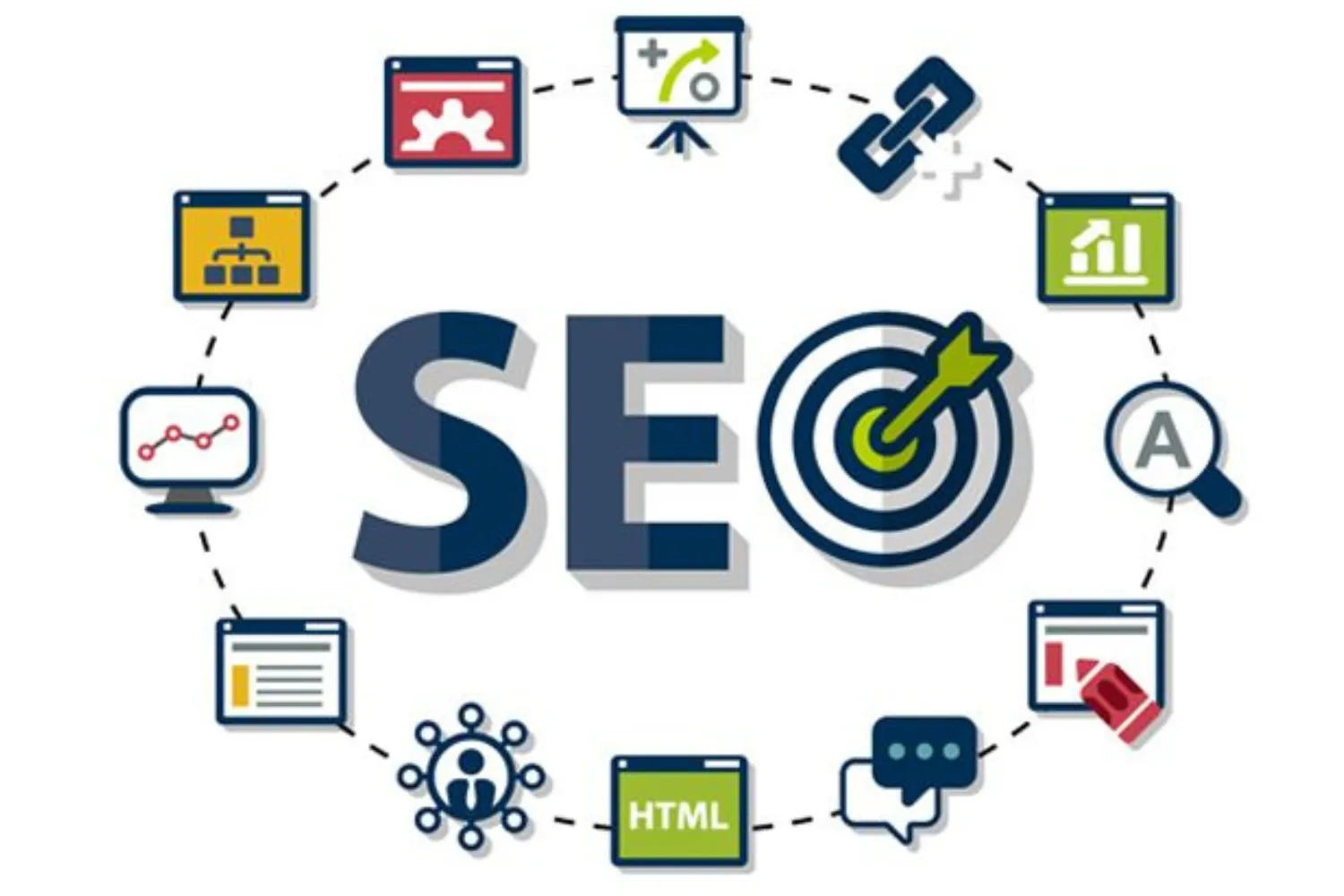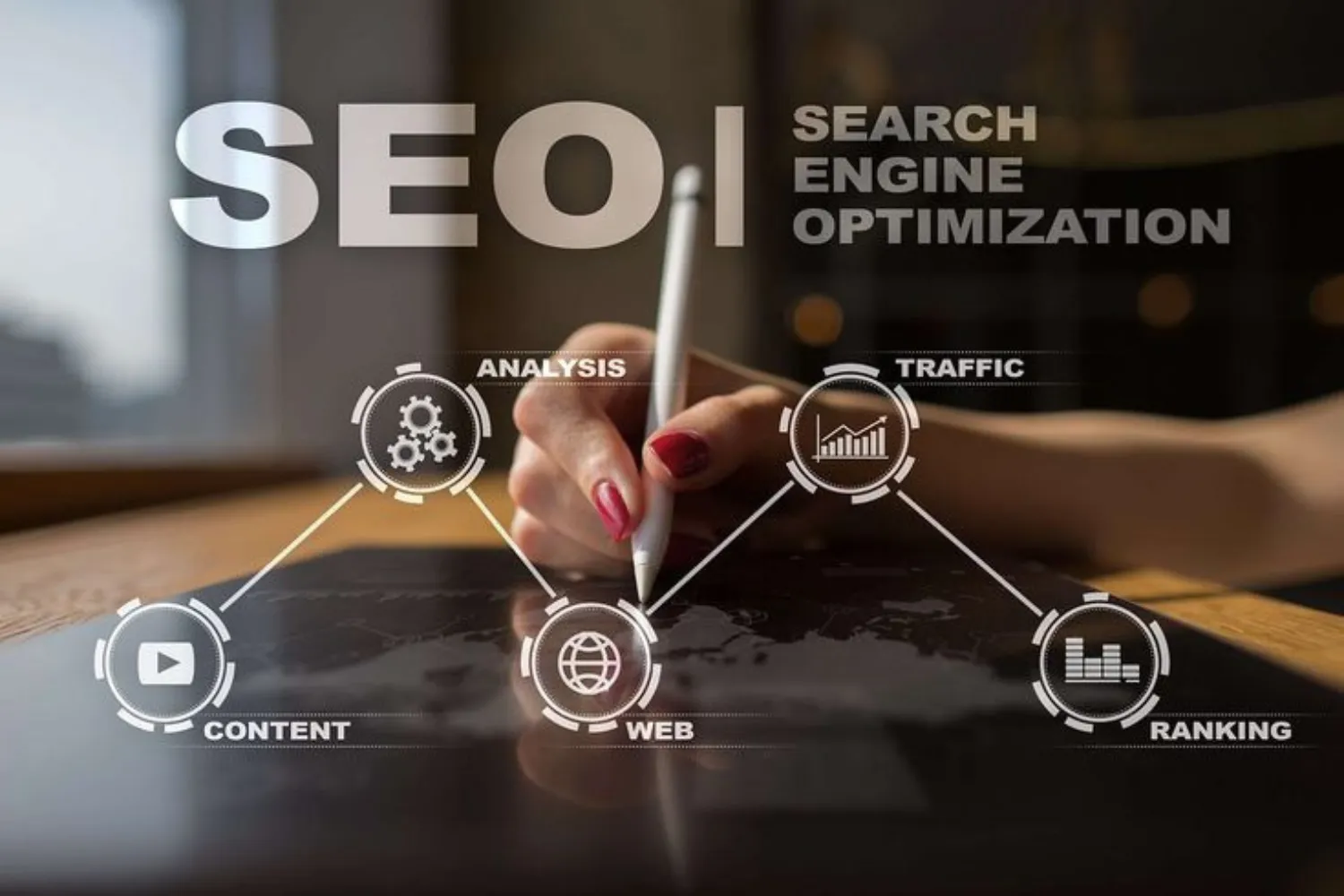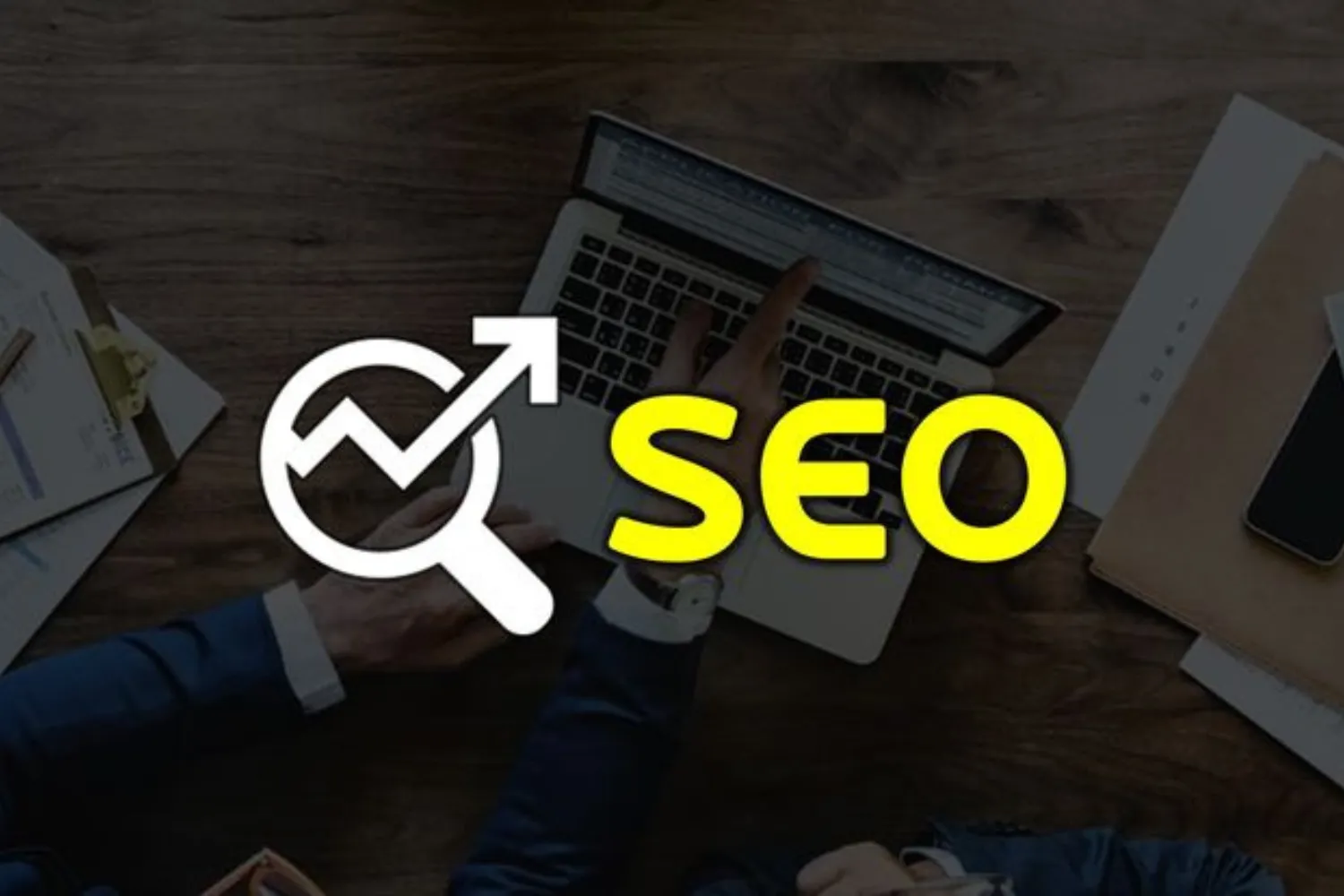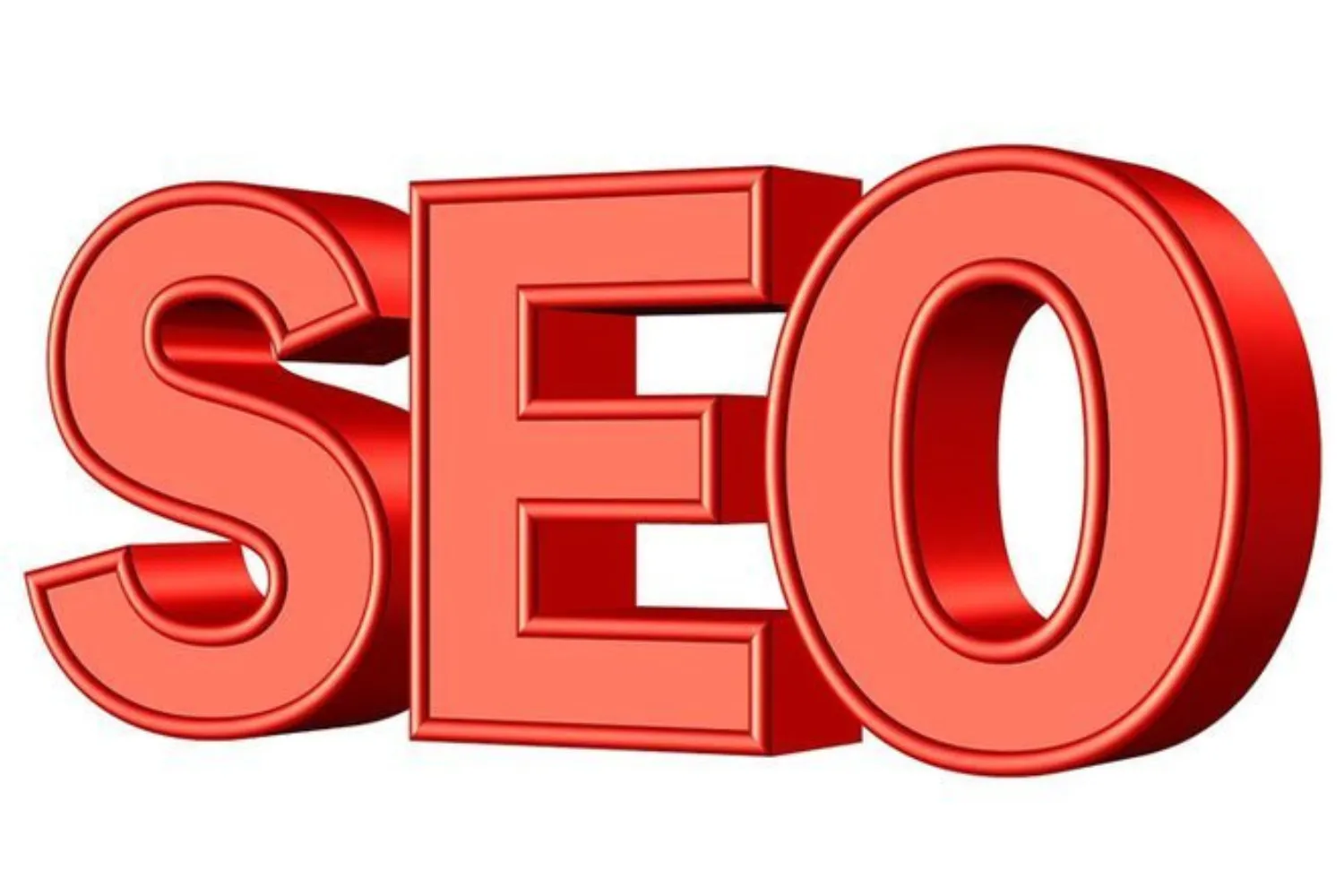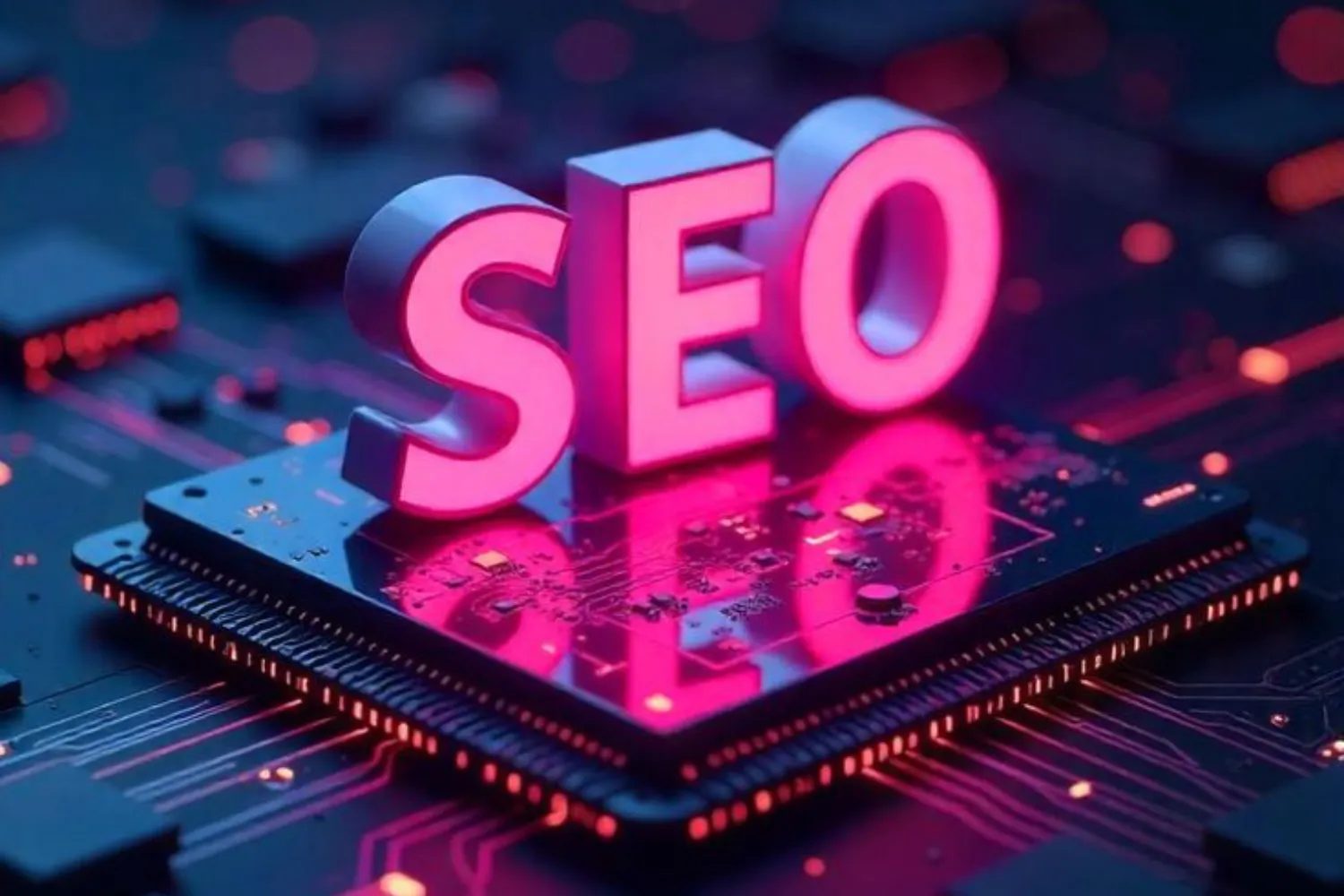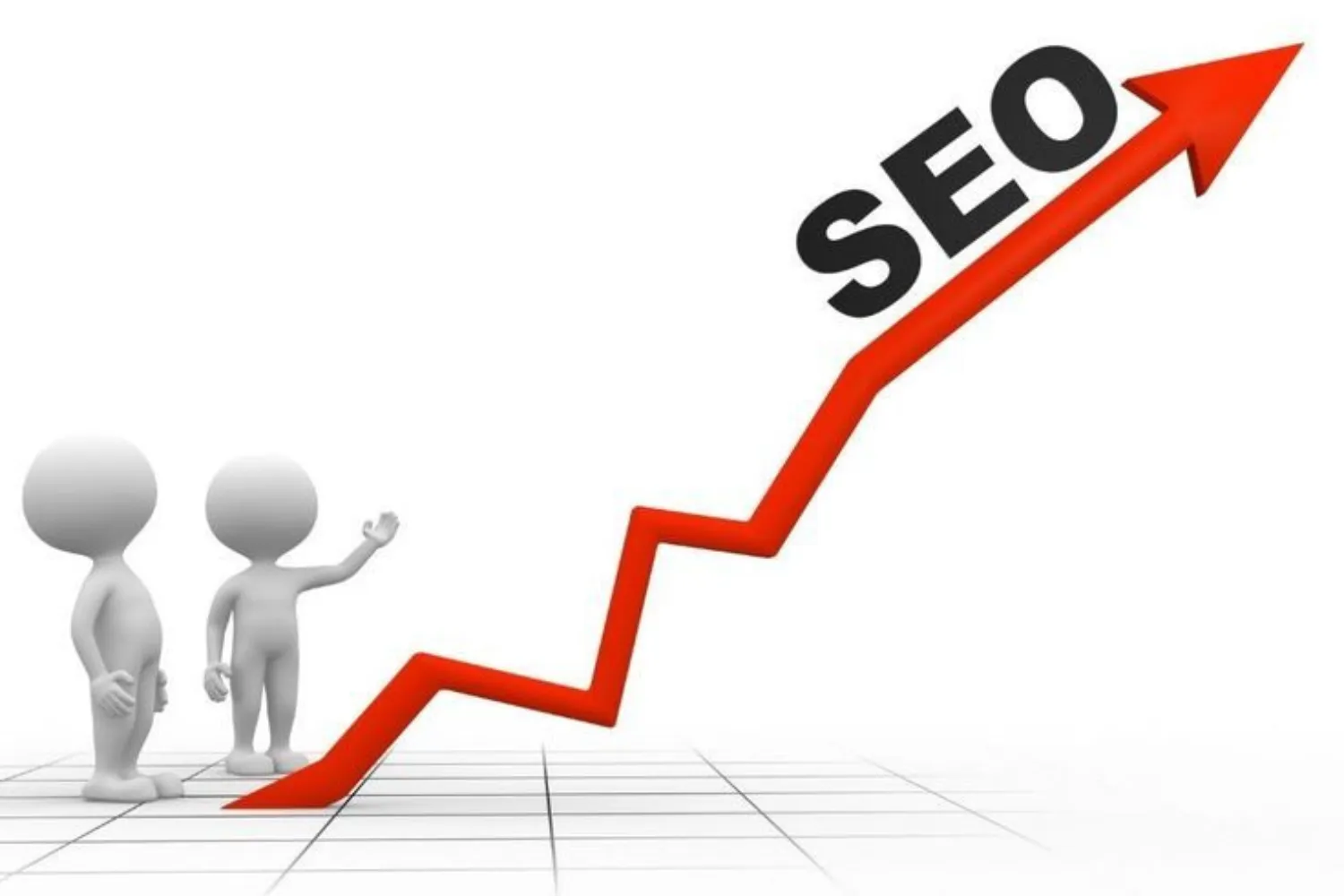The Digital Eommerce landscape has evolved dramatically, with businesses needing sophisticated strategies to stay competitive. Whether you’re launching a new online store or scaling an existing ecommerce business, understanding the intersection of ecommerce and digital marketing is crucial for sustainable growth.
Why Ecommerce Businesses Need Strategic Digital Marketing
Today’s consumers expect seamless shopping experiences across multiple touchpoints. A robust digital marketing strategy doesn’t just drive traffic – it creates meaningful connections that convert browsers into loyal customers. Smart ecommerce entrepreneurs recognize that partnering with a specialized digital marketing agency ecommerce business can accelerate their growth trajectory significantly.
The modern ecommerce ecosystem demands expertise in conversion optimization, customer acquisition, retention strategies, and data analytics. This complexity often requires professional guidance from experienced e commerce agents who understand the nuances of online retail.
Essential Digital Marketing Solutions for Ecommerce Success
Search Engine Optimization (SEO) for Online Stores
Organic visibility remains the foundation of sustainable ecommerce growth. Effective SEO strategies include product page optimization, technical site improvements, content marketing, and local search optimization for businesses with physical locations.
Your product descriptions, category pages, and blog content should target relevant keywords while providing genuine value to potential customers. This approach builds topical authority and improves search rankings over time.
Pay-Per-Click Advertising (PPC) Campaigns
Google Ads and social media advertising offer immediate visibility for new products and seasonal promotions. Professional ecommerce marketing solutions typically include comprehensive PPC management, from keyword research to ad creative development and conversion tracking.
Successful campaigns require continuous optimization, audience refinement, and budget allocation across multiple platforms including Google Shopping, Facebook, Instagram, and emerging channels like TikTok.
Email Marketing and Automation
Email remains one of the highest ROI digital marketing channels for ecommerce. Automated sequences for welcome series, abandoned cart recovery, post-purchase follow-ups, and re-engagement campaigns can significantly boost customer lifetime value.
Personalization and segmentation are key to effective email marketing, allowing businesses to deliver relevant content based on customer behavior, preferences, and purchase history.
Comprehensive Ecommerce Marketing Packages: What to Expect
Full-Service Digital Marketing Solutions
Many businesses benefit from comprehensive ecommerce digital marketing solutions that integrate multiple channels under one strategic umbrella. These packages typically include:
- Technical SEO audits and optimization
- Content marketing and blog management
- Social media marketing and community building
- Paid advertising across multiple platforms
- Email marketing automation setup
- Analytics and performance reporting
Specialized Ecomm Digital Solutions
Some businesses require targeted support in specific areas. Specialized services might focus on conversion rate optimization, marketplace management (Amazon, eBay, Etsy), or specific industry verticals with unique requirements.
Working with an experienced ecommerce support agency ensures you receive tailored strategies that align with your business goals, target audience, and budget constraints.
Building Long-Term Success Through Data-Driven Strategies
Customer Acquisition Cost (CAC) Optimization
Understanding and optimizing your customer acquisition cost across all marketing channels is essential for profitable growth. This involves analyzing the full customer journey, from initial awareness to purchase and beyond.
Customer Lifetime Value (CLV) Maximization
Successful ecommerce businesses focus not just on acquiring customers, but on maximizing their long-term value through retention strategies, upselling, cross-selling, and exceptional customer service.
Performance Tracking and Analytics
Modern ecommerce marketing requires sophisticated tracking and analysis. Key metrics include conversion rates, average order value, return on ad spend (ROAS), and customer retention rates. Regular reporting and strategy adjustments ensure continued improvement and ROI.
Frequently Asked Questions
Q: How long does it take to see results from ecommerce digital marketing?
A: Results vary by strategy. PPC campaigns can show immediate traffic increases, while SEO typically takes 3-6 months for significant improvements. Email marketing and social media often show results within 30-60 days with consistent effort.
Q: What’s the average budget for ecommerce marketing packages?
A: Budgets vary widely based on business size and goals. Small businesses might start with $2,000-5,000 monthly, while larger enterprises often invest $10,000+ monthly across multiple channels and strategies.
Q: Should I work with a specialized ecommerce marketing agency?
A: Ecommerce has unique challenges like product feed optimization, shopping campaign management, and conversion tracking. Agencies specializing in ecommerce typically deliver better results than generalist marketing companies.
Q: Which marketing channels provide the best ROI for online stores?
A: Email marketing, SEO, and Google Shopping typically provide the highest long-term ROI. However, the best mix depends on your industry, target audience, and business model.
Q: How do I choose the right ecommerce support agency?
A: Look for agencies with proven ecommerce experience, transparent reporting, case studies in your industry, and a comprehensive understanding of both marketing and ecommerce platforms.
Conclusion
Success in ecommerce requires more than just having great products – it demands strategic digital marketing that reaches customers at every stage of their journey. Whether you’re just starting out or looking to scale, investing in professional ecommerce marketing solutions can provide the expertise and resources needed to compete effectively in today’s digital marketplace.
The key is finding the right balance of strategies, channels, and partnerships that align with your specific business goals and target audience. With the right approach, your ecommerce business can achieve sustainable growth and long-term success.


